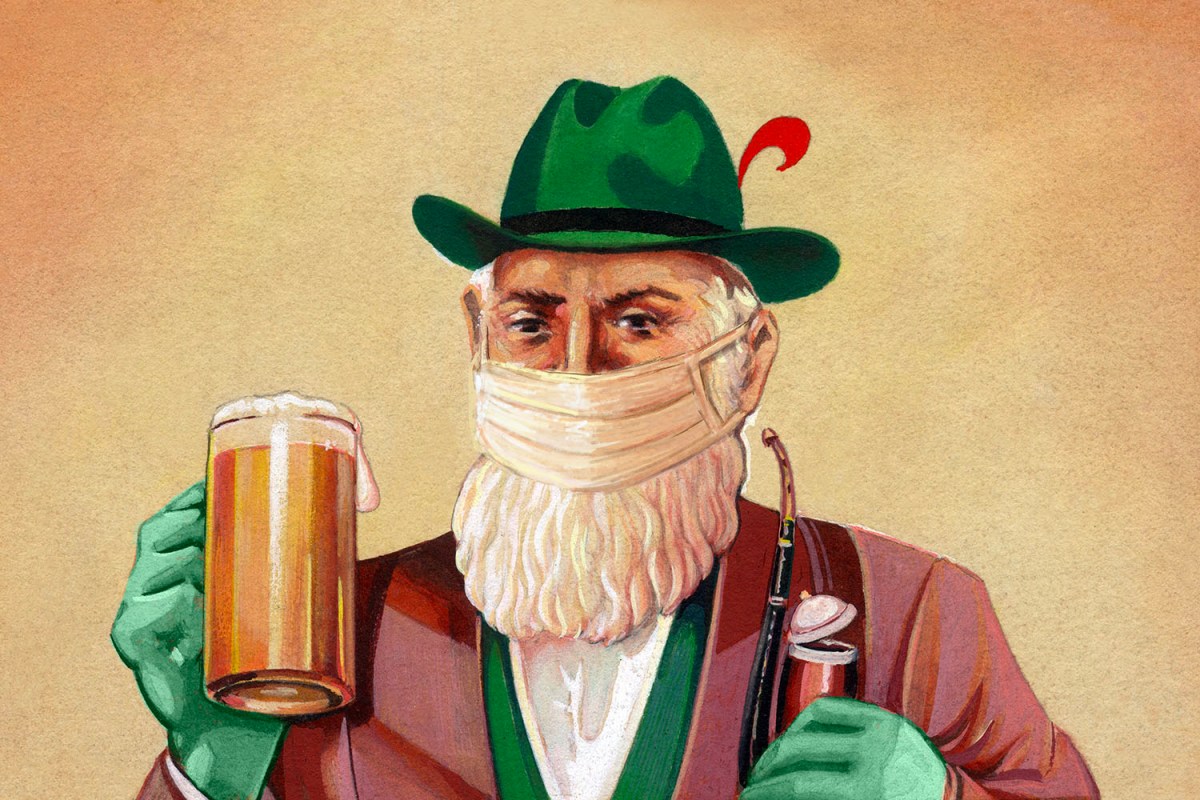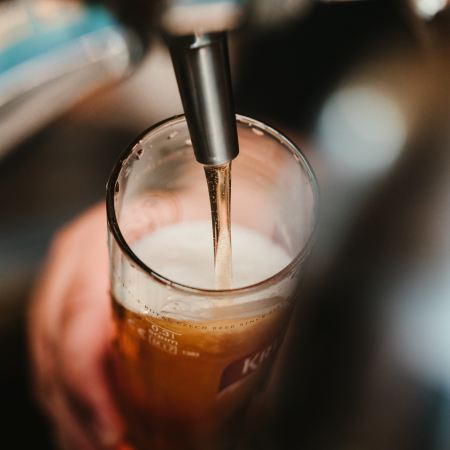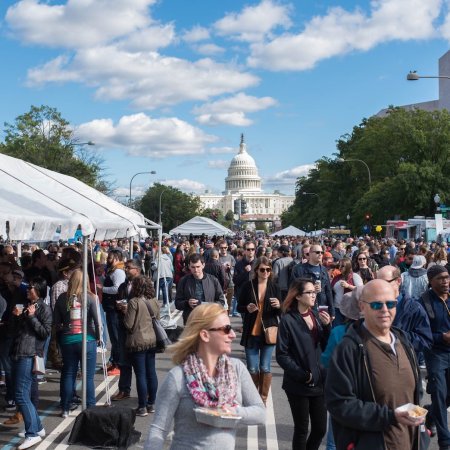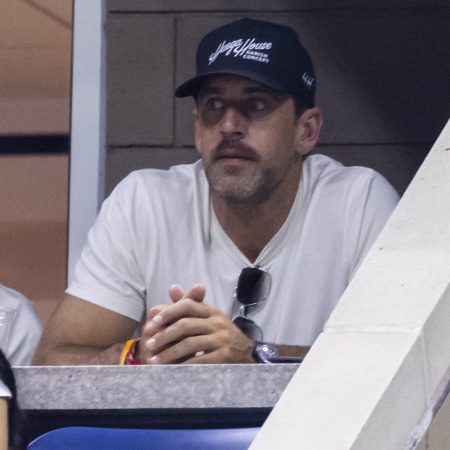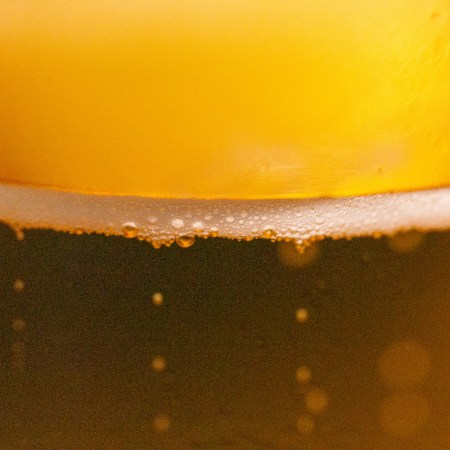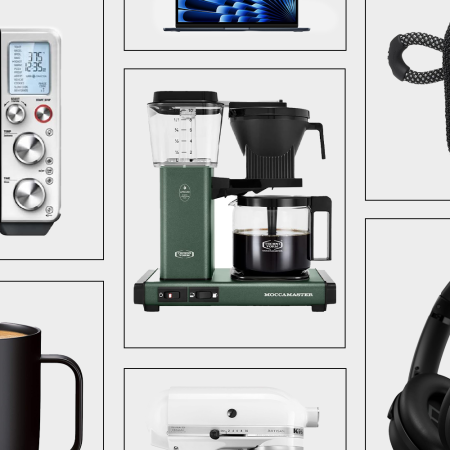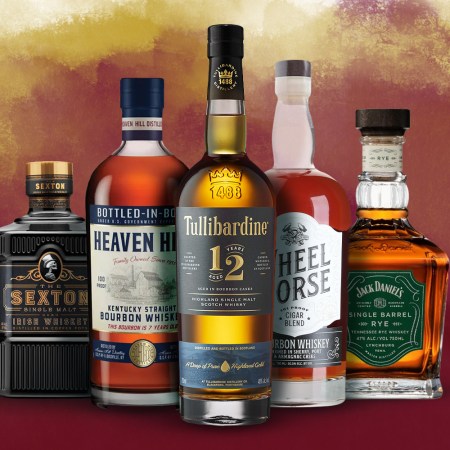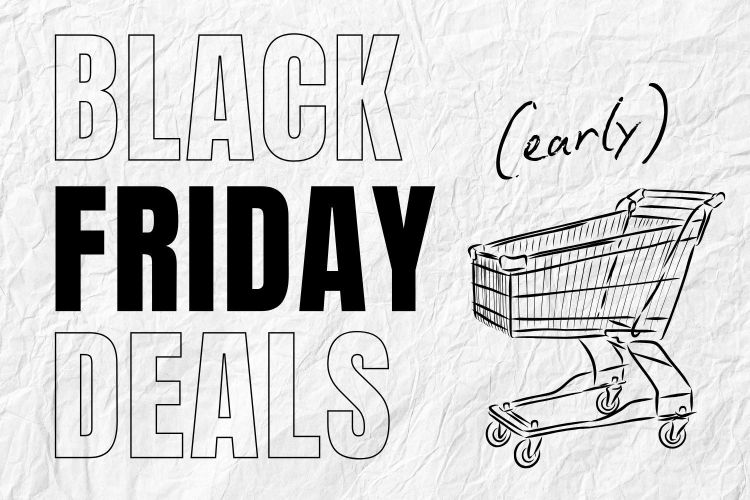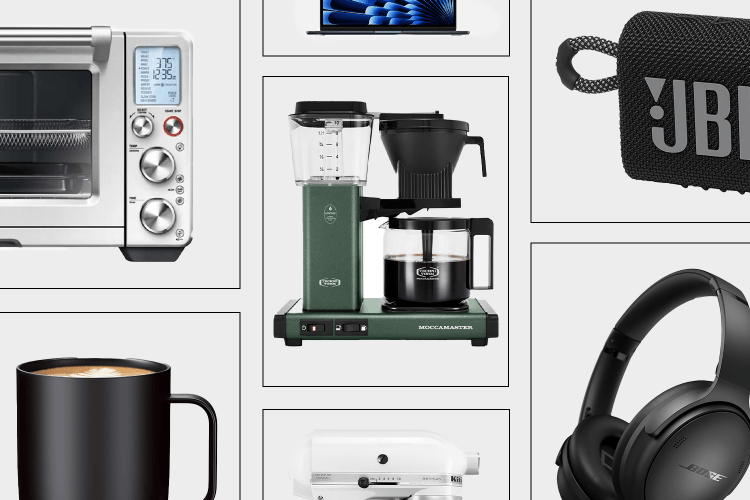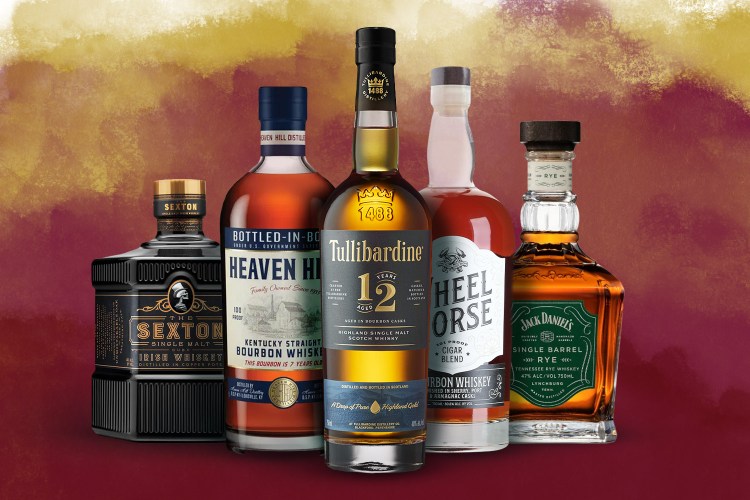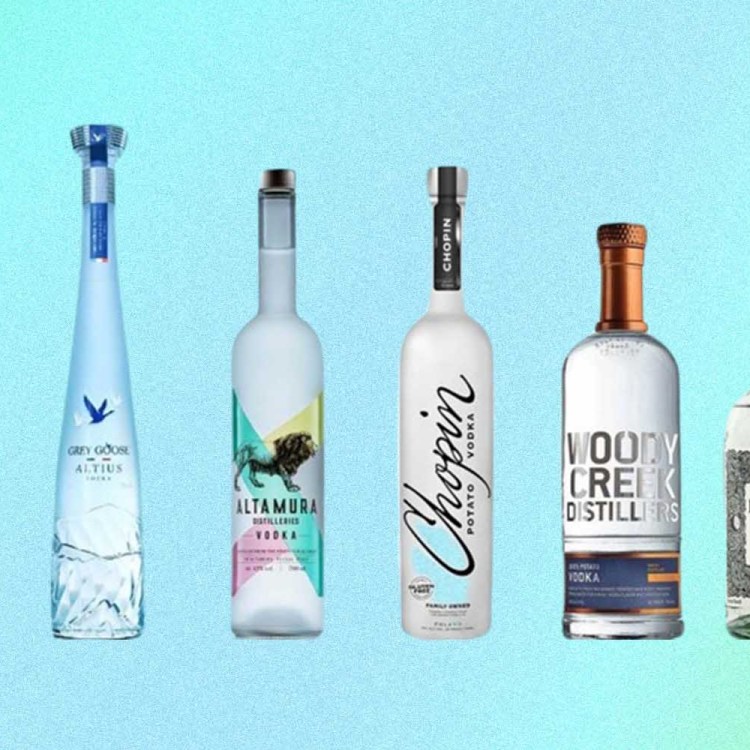If you’re anything like us, one of the first things you stocked up on — along with toilet paper and hand sanitizer — when faced with the prospect of being quarantined indefinitely due to the coronavirus pandemic was beer. It has a long history of bringing us comfort in times of national emergency: As Abraham Lincoln once said, “I am a firm believer in the people. If given the truth, they can be depended upon to meet any national crisis. The great point is to bring them the real facts, and beer.”
But of course, these are especially trying times for the folks who work tirelessly to bring us the beer. Just like bars and restaurants, craft breweries have been forced to cope with new restrictions that seem to change on a daily basis — first operating at 50 percent capacity to encourage social distancing, then being limited solely to selling to-go cans, growlers, etc. — as the virus continues to spread and people across the nation are encouraged to shelter in place.
“Pretty much every brewery in America that has a taproom has three main revenue sources,” Nick Purdy, president and co-founder of Wild Heaven Beer in Atlanta, tells InsideHook. “The first is wholesale that goes out to grocery stores, package stores and whatnot. Then there’s what’s called on-premise or where you’re selling mostly kegs to bars and restaurants. Well, that category of business is essentially gone to zero. Our wholesalers have told us for the time being, they intend to order no kegs of anything from us since they have no need for them. So every brewery in America that sells kegs out to the marketplace has probably seen that business nearly disappear. And then you have taproom business, which for every brewery is significant in terms of profit contribution because you’re selling it direct, so you make more money on all those transactions. And so, while that number may not be as big as say your beer distribution number, it’s a higher profitability, so losing half of your taproom business can be pretty devastating as well. So you’ve got two of your three main lanes of business have been either eliminated or just severely decimated.”
Like Wild Heaven, Finback Brewery in Queens has had to adapt to selling only to-go cans — which co-founder Basil Lee says typically only account for a fraction of their business. “For us, to-go sales was really a small portion of our original business before,” he says. “It’s still really tough because it’s like, let’s say we’re trying to get 20-25 percent of the business to support what used to be 100 percent, without all these other things like selling to bars and restaurants.”
The quarantine has been especially devastating for Threes Brewing, which has two year-round locations in Brooklyn and a seasonal spot on Governor’s Island and is now selling to-go cans and bottles as well as delivering beer locally via Caviar.
“The whole thing frankly is surreal,” founder and CEO Josh Stylman says. “Ten days ago, we had a really healthy business building momentum and getting ready to open a new location and all sorts of really positive things. And fast forward to today, we sadly had to lay off most of our staff. We have about 65 workers, and we’re down to about three, all working at reduced salaries.”
Stylman and his co-founder even had to lay themselves off, officially, as a means to keep the company afloat.
Part of staying alive in these uncertain times for Finback has involved checking in with employees about their mental health as well as their physical health and making sure everyone still feels comfortable coming in to work. (Lee says the brewery had one employee who had traveled recently but has not exhibited any symptoms self-quarantine at home as a precaution.)
“We’re a small business, and this has been one of the most complicated and challenging things we’ve just had to deal with as a company,” he says. “Even just from the employee standpoint. Talking to people and balancing safety with various levels of stress and anxiety, all of these kinds of things, that’s actually been pretty tough as well. We’re not a huge company, but there are enough people where there are a lot of different ways people are approaching the stress, you know what I mean? Which has been kind of a newer thing to manage for the business. Just kind of like, how do we deal with this as a team? How do we make sure it’s safe? How do we make people feel comfortable? Things like that, where it’s just a lot of new challenges to deal with. In my mind I feel like we’re just trying to adapt and survive in some ways.”
Of course, another way breweries have had to adapt is increasing sanitary measures to ensure that anyone who sets foot in the brewery to purchase beer isn’t being put at risk for infection. Prior to the “to-go sales only” mandate in Atlanta, Purdy and the rest of the Wild Heaven staff had instituted a new protocol to keep everything sterile.
“We started requiring everybody that comes in to use hand sanitizer on their way in and then we instituted a protocol, where when you got a pint of beer, we would grab a new glass from the rack, pour the beer, hand you your beer, and rather than ever rinsing that and reusing it, you would go self-bus your own beer glass onto a rack, and then when you wanted your next beer, you would just come back from the bar, and we’d just use a fresh glass,” he explains. “So there was no cross-touching of glassware. And then any surfaces, obviously, that people would be touching, were just being sanitized — like refrigerator handles, sink handles, toilets, all that kind of stuff. All the stuff that you would need to do, we were just sanitizing like a maniac. But the main thing to me that was important was that we literally just weren’t letting anybody in that didn’t [sanitize] their hands on their way in.”
Since moving to solely to-go sales, Lee says that one big issue for Finback has been crowd control — making sure that people standing in line to purchase beer are still practicing safe social distancing and standing the CDC-recommended six feet apart from one another.
“On the one hand, it’s like you want people to come in and support the business so that we can survive, but then on the other hand we want to be able to have just the right amount of people come in so there aren’t lines and there aren’t crowds,” he says. “You know what I mean? It’s like trying to manage that as well, which I think for the most part has been good. A lot of it’s just more signage and just staff telling people like, ‘Okay, let’s spread the line out.’”
Lee says Finback has been vigilant about limiting contact between its employees and the public, running can sales at a table that’s farther away from the rest of the brewery than the regular register and asking them to take extra precautions when making deliveries to grocery stores.
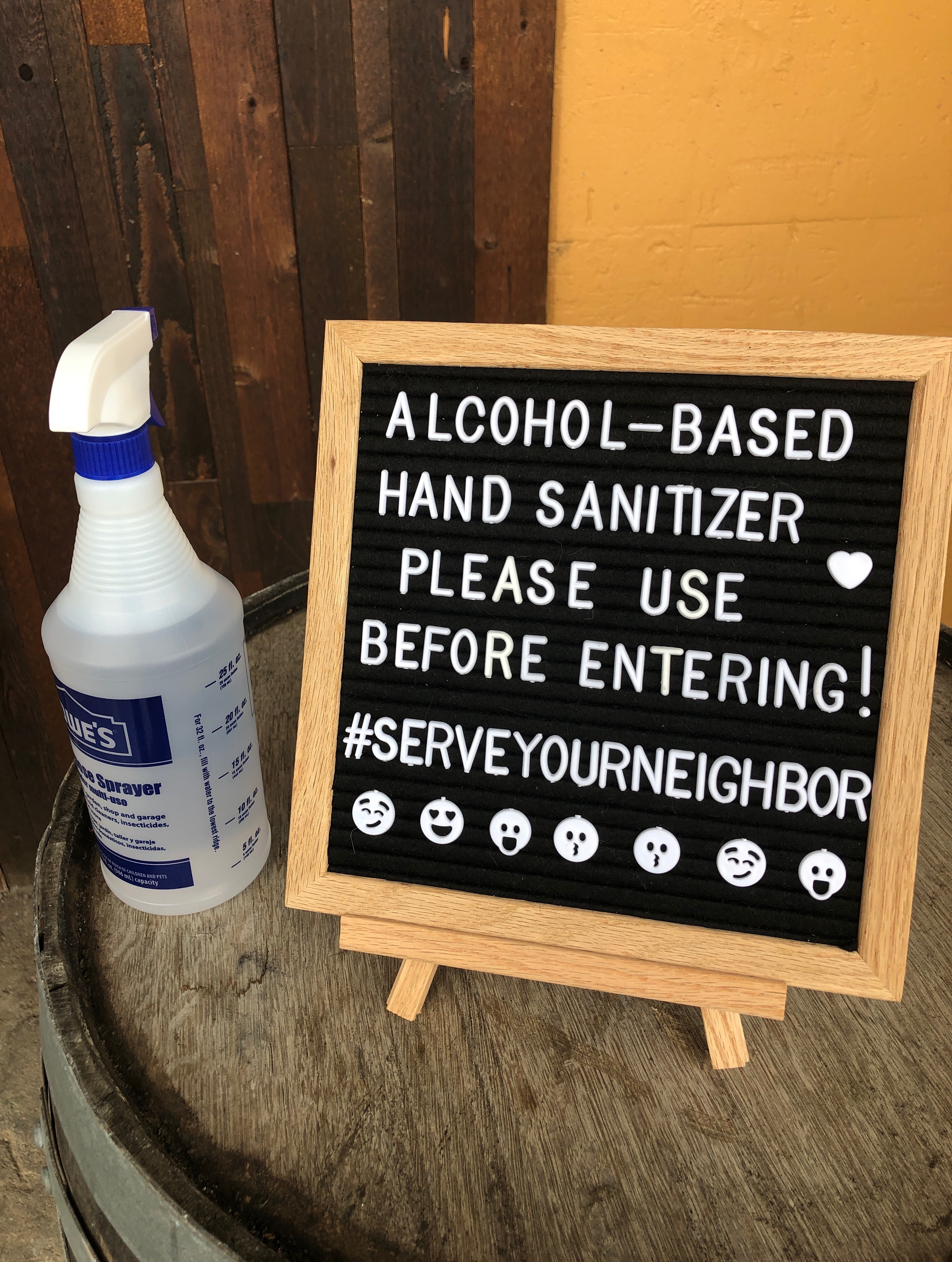
“What we’ve done is really asked all the team to just become hyperaware of process,” he explains. “For example, when we deliver to a supermarket in the past we’ve always had people sign the invoice to say that they accepted the delivery. Now, I mean it’s very minor, but we’ve gotten rid of that, there’s no invoice signing. We’ve kind of asked like, ‘Let’s all evaluate just the little things you don’t even notice, like where there’s potential more exposure, how do we reduce that kind of stuff?’ Like the surfaces that get touched you don’t even realize and then it’s like, ‘Oh okay, we should mitigate that.’ All of our vans are wiped down before and after employees go into them or before the start of the day and end of the day to wipe down all surfaces in the van. Kind of like just becoming more aware of surfaces that you don’t really think about.”
Threes closed its taproom before it was required to out of an abundance of caution, and the brewery is currently requiring all staff to adhere to social distancing rules when they’re off the clock as well — including not allowing them to take public transportation for the time being. And while the support from locals buying to-go cans or delivery has helped them deal with the massive financial hit, Stylman says government intervention is going to be necessary to keep breweries, and small businesses in general, afloat.
“I think there’s a question of supporting local craft breweries, which sort of speaks to the larger issue of supporting local small businesses,” he says. “And we’re doing whatever we can to anyone that was on our health insurance, we’ve agreed to pay 100 percent of the coverage until at least the end of April, and we’re going to regroup that week by week. It’s our intention right now to try and hire everyone back as fast as we can, if we can. We also did the calculus and initially we said, ‘okay, let’s just close for a couple of weeks, and we’ll pay everyone their full salary.’ And then we got to talking, we were like, ‘this is going to be longer than a couple of weeks, and how much runway do we actually have? And ultimately, is there a business to come back to?’ Right now the goal is just preserving the company itself, and thus the jobs for the people who work there.
“I guess, it’s the sort of long-winded way to say, it’s important to support local businesses, and local breweries are a part of that, to keep local economies going,” he continues. “It’s our hope that the government is going to have some sort of relief package for workers affected, starting hopefully with the hospitality industry, who immediately got their paychecks cut off a week ago, and that needs to be coupled with some sort of rent relief and debt freeze. Because otherwise, what we’re going to have, and I’ve talked to a number of folks on our staff, if they get a check for $1,000 or $2,000, they’re just going to sign it over to the landlord or their student loans. It needs to work in tandem; otherwise, it’s just going to be a pass-through for banks and landowners.”
Lee agrees that government intervention of some sort will be necessary, noting that many of the people who have showed up to support Finback by buying to-go cans are fellow members of the hospitality industry who have also been impacted by the quarantine.
“People aren’t getting rich in this industry,” he says. “When you work in this industry, you do it really out of passion, I find. It is a reality for all of us, which is that we’re kind of paycheck-to-paycheck, and when something as drastic as this happens, it’s just tough for everyone. It’s almost like because it’s so pervasive, everyone’s in the same situation, so you can’t even support each other. This is maybe a little soapboxy, but having industry people who are being laid off support other industry people is not going to work. You need the government to come in and help working-class people get through this. You know what I mean? I feel a little bit conflicted because on the one hand, it’s great to go out and support, and we all have to do that, but I also don’t want people who are already strapped for cash to go out and support us.”
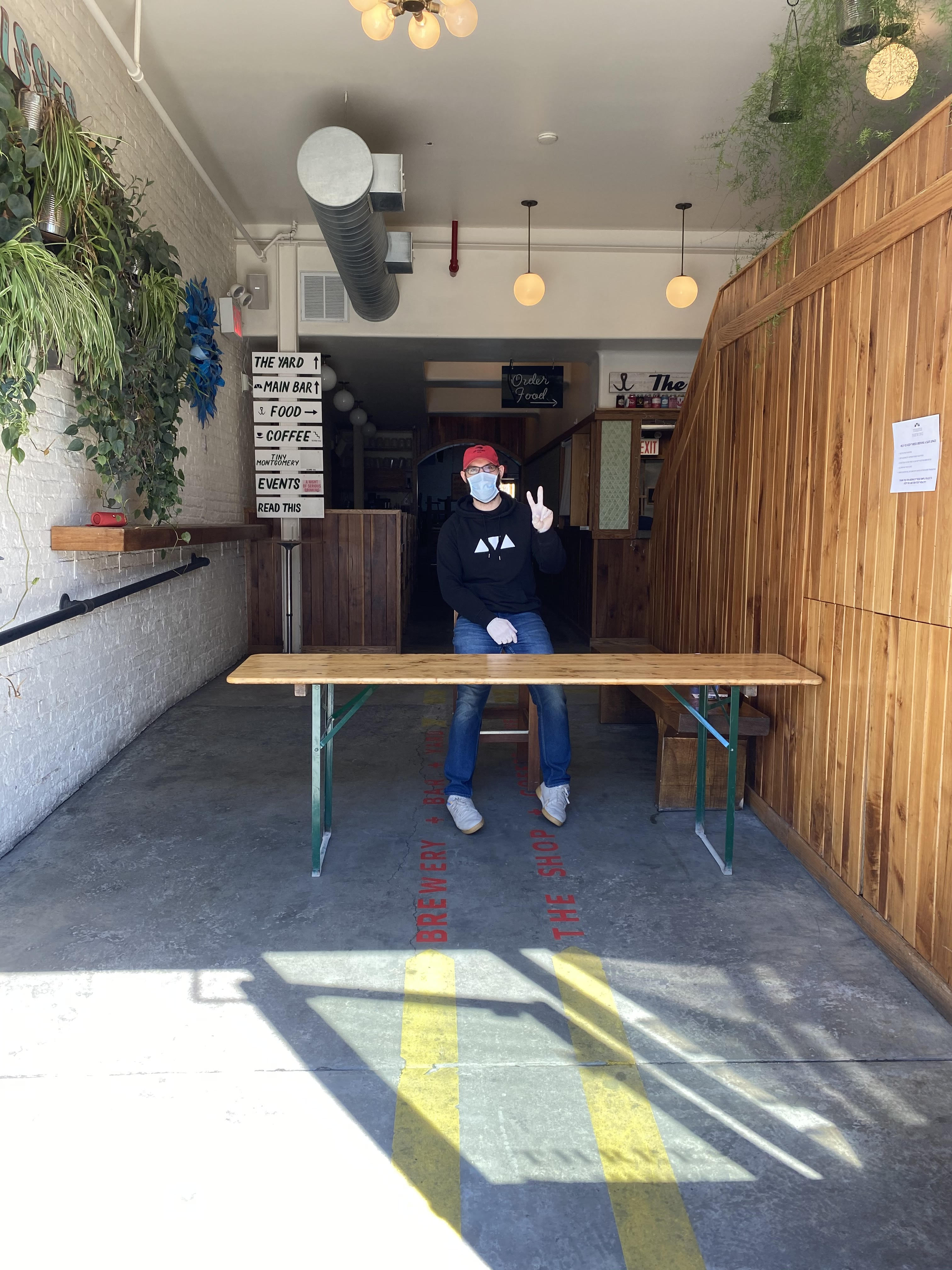
As Purdy points out, it’s in the government’s best interest to make sure local breweries stay in business and succeed.
“Breweries are, obviously, wonderful community gathering places, employers, manufacturers,” he says. “We’re tourism generators, we pay excise taxes, so to me, that’s always been the triple threat of why you want to, as a government, see your breweries do well. We generate tourism, we create manufacturing jobs, and we pay excise taxes. We’re the best kind of business there is for a state budget. There’s very few businesses that have those three things in common, all of which are greatly advantageous for state revenues. I think most people that love and appreciate craft beer really love and appreciate their local craft breweries and understand that most of us are not massively making huge profits that mean you can just weather months and months of this. It’s going to be very difficult. So the more people that are coming into breweries to buy beer to go, that’s the best thing anybody can be doing other than buying it also at the grocery store. So everybody just needs to drink a lot of beer.”
That’s something that craft beer fans seem to have been doing, and Threes, Finback and Wild Heaven all expressed gratitude for the community support they’ve been receiving thus far.
“People have been very supportive, people have been coming out, and I think people have been very generous,” Lee says. “I feel like people are tipping well and trying to help the person behind the bar selling these cans to help them. I think people are kind of aware of it and it seems like on that sense, the customer base has been very positive and supportive.”
“On Saturday, we saw a number of people come through who let us know that they were basically doing a brewery lap and just going around and buying a bunch of stuff from a bunch of different breweries, which is really, really cool that people were thinking that way,” Purdy says. “Thinking of going to support us. And so, yeah, I mean, people are out. They’re coming in much smaller crowds, but with higher average purchases.”
Stylman says that in addition to support from the community, the understanding and flexibility from his staff during this tough time has been especially touching.
“We were frankly a little blown away with the level of support,” he says. “I think as a company, we’ve certainly ingratiated ourselves in the community we’re in and the level of support back has truly been staggering. Even internally within the company, we did a call with our front-of-house team last week basically to tell them what was going on and kind of walked through the fact that no one has jobs anymore. They started thanking us, and I almost started to cry. It was just absurd. I’m like, ‘Guys, you know we just fired you all.’ They’re thanking us just for being transparent about what’s going on… Our head brewer very graciously laid himself off to save jobs, the folks on his team. He’s sheltered in and still calling the shots for the team and making the schedule and communicating with them on questions.”
The brewing process is one aspect of the business that, so far at least, remains unaffected by local shut-downs, with breweries deemed “essential” businesses that are allowed to remain open. (“I just don’t see a scenario in which we’re told we literally can’t produce our product,” Purdy says. “That might be naive and optimistic. But I think right now, everything I’ve seen locally and nationally, seems to consider alcohol a necessity. And that can sound a little glib, but I don’t really mean it that way. It’s just that it seems as a society, we’re agreeing we’re not going to cut off the flow of booze during this.”) But Stylman says Threes has made changes to what it’s currently brewing, just in case things escalate and they’re forced to shut down production.
“Right now the goal is twofold,” he says. “One is any liquid that can go in a can will be in a can as fast as humanly possible because our draft business died, as you can imagine. But then more importantly, we’re just trying to make sure that the tanks are full. Because if we do go on lockdown, this thing closes, we’ve altered what styles of beer we can be making. Last week we were going to brew an IPA, and we decided to do an imperial stout instead because if we close for six months, it’ll just be fermenting in the tank versus an IPA, which would go down the drain because it would lose its flavor profile.”
Staying open for business during the pandemic has certainly presented unbelievable challenges, but Stylman has found solace in communicating with other breweries and small businesses during the crisis.
“We didn’t expect to deal with this sort of a heavy burden right now, but it’s significant and we’re certainly not going through it alone,” he says. “The camaraderie of local business owners broadly and certainly the beer community here in New York and nationally has just been staggering. I mean, a number of us have been emailing each other and kind of keeping in touch, but we’re all going through it together.”
“I think you have few better citizens of local communities than breweries,” Purdy adds. “I think we as a whole industry have done our level best to be really involved with local charities, letting our spaces be used for community meetings and gatherings and advocating for good wage laws and all that kind of stuff. So, I think people do love their breweries and they seem to be remembering them now. I just hope they keep remembering them.”
If you want to support the breweries mentioned in this story, you can at the links below: Wild Heaven (online gift cards available for purchase), Finback Brewery (merch available for purchase), Threes Brewing (merch and gift cards available for purchase). You can also donate to a relief fund for Threes’ front of house staff here.
Join America's Fastest Growing Spirits Newsletter THE SPILL. Unlock all the reviews, recipes and revelry — and get 15% off award-winning La Tierra de Acre Mezcal.
